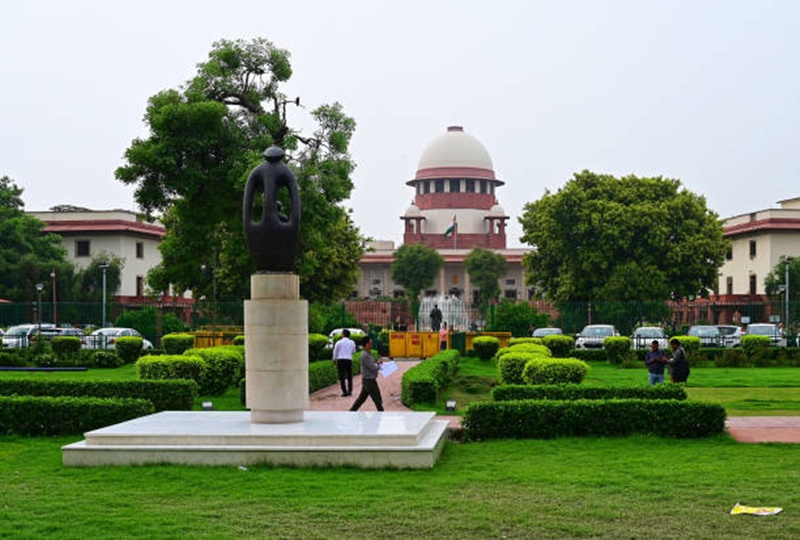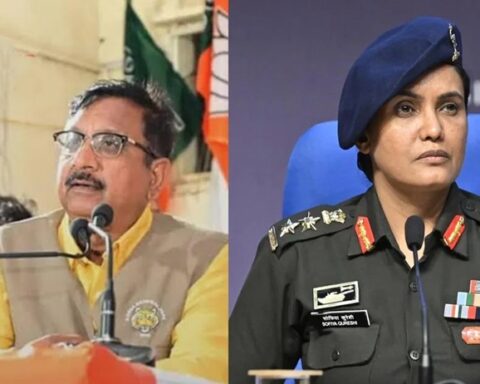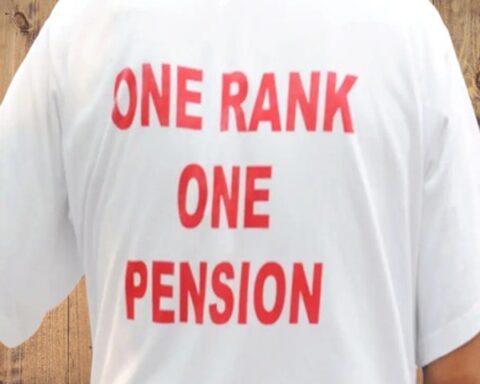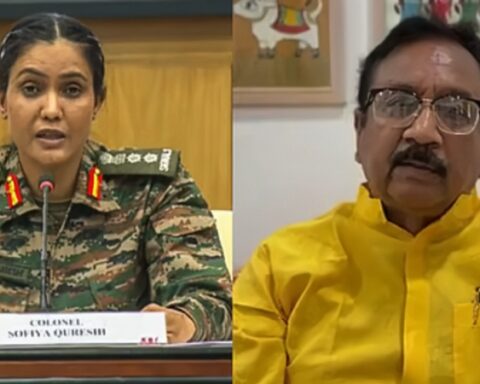New Delhi, May 20 (PTI) Underscoring the “presumption of constitutionality in favour of law”, the Supreme Court on Tuesday said petitioners challenging the waqf law needed a “strong and glaring” case for interim relief.
A bench comprising Chief Justice B R Gavai and Justice Augustine George Masih commenced the hearing on a batch of pleas challenging the validity of Waqf (Amendment) Act, 2025 for passing interim orders on three issues, including the power to denotify properties declared as “waqf by courts, waqf-by-user or waqf by deed”.
“There is a presumption of constitutionality in favour of every statute. For interim relief, you have to make out a very strong and glaring case. Otherwise, presumption of constitutionality will be there,” the CJI said when senior advocate Kapil Sibal, leading the charge against the legislation, began his submissions.
Sibal described the law as a “complete departure from historical legal and constitutional principles” and a means to “capture waqf through a non-judicial process”.
Centre’s Solicitor General Tushar Mehta had urged the bench to confine the hearing on pleas to three issues.
One of the issues is the power to denotify properties declared as waqf by courts, waqf-by-user or waqf by deed.
The second issue relates to the composition of state waqf boards and the Central Waqf Council, where they contend only Muslims should operate except ex-officio members whereas the last one is over the provision stipulating a waqf property won’t be treated as a waqf when the collector conducts an inquiry to ascertain if the property is government land.
Mehta’s submission was vehemently opposed by senior advocates Sibal and Abhishek M Singhvi, appearing for those challenging the provisions of the 2025 law, that there cannot be any piecemeal hearing.
“This is a case about the systematic capture of waqf properties. The government cannot dictate what issues can be raised,” Sibal said.
Sibal said the amended law enables a systematic expropriation of waqf properties through executive means, bypassing due judicial process and moreover, waqf properties can become non-waqf ones that too by an executive order denying the right to access courts by the aggrieved parties.
“Waqf is the dedication of properties to ‘Allah’ by the waqif and the concept that once a waqf always a waqf is jeopardised by the 2025 law,” he said.
Earlier laws on the subject, he added, safeguarded the properties and the present one intended to take them away.
He said the law as a “complete departure from historical legal and constitutional principles”.
Sibal said the law provides for “creeping acquisition” of waqf properties and undermines concept of waqf, a permanent endowment for religious or charitable purposes under Islamic law.
Referring to Section 3C of the Act, he said it allows a designated officer to initiate an inquiry into whether a property is government land.
And strangely, during the pendency of such inquiry, the property is not to be treated as waqf and it effectively allows the authorities to take control without judicial review, Sibal added.
He also referred to Sections 9 and 14 and said they alter the composition of central and state waqf boards and allow a majority of non-Muslims to be part of it.
“This is an attempt to dilute community control,” he said, “that Section 23 permits the appointment of a non-Muslim as CEO of waqf boards.” He also dealt with the validity of Section 3D of the law and said it provides that any waqf property declared as an ancient monument under preservation laws will cease to be waqf.
He asked how the authorities could demand documentary evidence or deeds for waqfs created centuries ago as prior to 1954, and particularly after 1923, registration may have been mandated but the lack of it did not negate the nature of the waqf.
“Are citizens stopped from practising their religion due to declaration under ancient monuments laws?” the bench asked, referring to his recent visit to a religious place and said there Hindus were not barred from offering prayers.
The 2025 Act differs from older legislation like the Ancient Monuments Preservation Acts of 1904 and 1958 which preserved the right of religious practice, Sibal said.
He illustrated it with Delhi Jama Masjid, which can be used as a waqf though notified as a protected area.
However, the 2025 Amendment (Section 3D) invalidates waqf declarations of protected monuments, he said, as the law infringes Article 14 (right to equality) 25 and 26 (rights to practice and propagate religion) of the Constitution.
Irreparable injury would be done if the amended provisions were allowed to be implemented, especially provisions that allow waqf properties to be taken over pending inquiries without judicial adjudication, he added.
He said registration under previous waqf acts was mandatory but non-registration did not alter the religious nature of the property which was not the case under the amended law.
Waqf by user did not historically require registration, he said, but under the new law the mutawalli (custodian) can be jailed for six months if he is unable to answer satisfactorily about the properties.
“The moment they are declared protected monuments, they lose their waqf status,” he said.
He also flagged the dilution of Muslim representation on the Central Waqf Council, asserting the amended law now permits a majority of non-Muslim members — a stark departure from previous norms.
“Earlier, the board members were elected and they were fully Muslims. Now they are all nominated. There will be 11 members, and 7 can be non-Muslims. This is violative of Articles 25 and 26. Management has to be done by the community,” Sibal said.
The bench perused the provision and said the law restricts non-Muslim appointments to two.
“Even two is too many,” Sibal said.
Comparing it with religious endowment boards for Hindus and Sikhs, Sibal said even the ex-officio and board members were invariably from the same faith in those contexts, and the waqf boards should be no different.
“This is not secularism. Waqf creation is a religious act,” he said.
Senior advocate Rajeev Dhavan, representing another petitioner, said the statute was an “attack on secularism and cultural autonomy”.
He said the doctrine of proportionality was not followed by the Centre in making amendments in the law as there was no nexus between the problem sought to be solved and “these extreme solutions”.
Singhvi, on the other hand, questioned the provision which says a person practising Islam for last five years can only create a waqf.
Calling it “arbitrary and endless”, Singhvi said no other religion was subject to such a burden.
He raised concerns about Section 3(C), saying once a property was declared non waqf, access to legal remedy was practically shut off, locking beneficiaries in a “vicious cycle”.
Answering the Centre’s submission that a law, passed by Parliament cannot be stayed ordinarily, Singhvi said farm laws were stayed by the apex court.
On the Centre’s argument of a “1600% increase” in waqf properties after the 2013 amendment, Singhvi said the rise was due to digitisation and listing processes, not new acquisitions.




